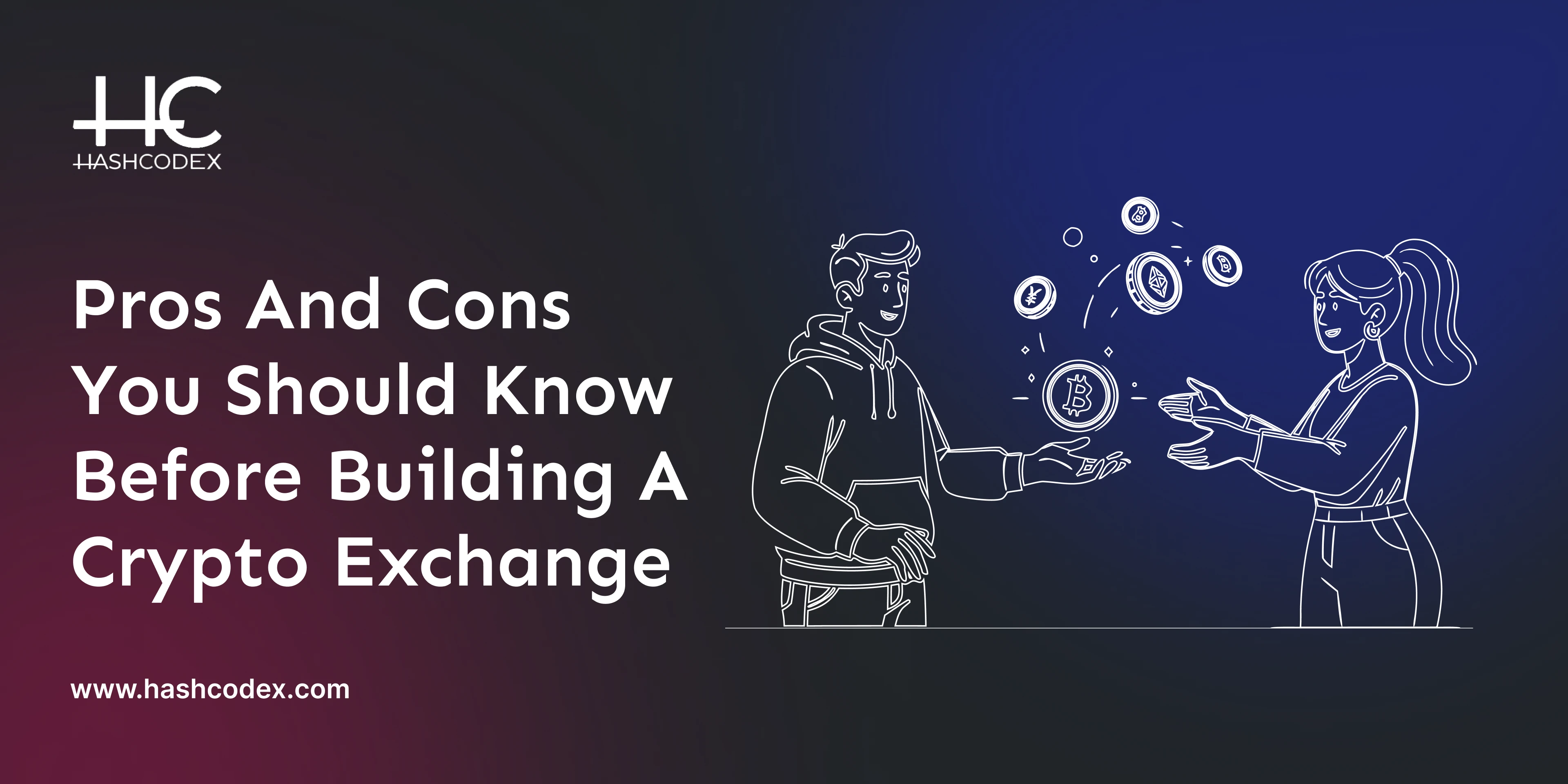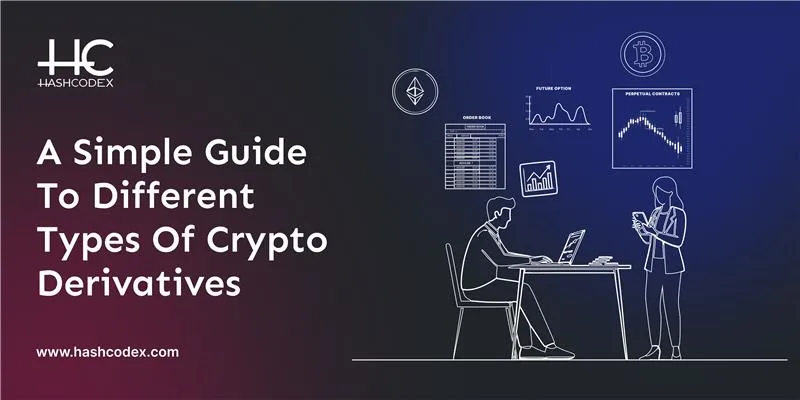Cryptocurrency is growing fast, with millions of people using it for trading and investments. As more users join, keeping their funds and data becomes a top priority. With so many transactions happening, how can exchanges create a safe and trusted experience?
A well-protected exchange does more than just safeguard assets. It builds confidence. When users know their funds are safe, they trade with ease, and businesses strengthen their reputations. So Security plays a key role in creating a smooth and trustworthy trading space.
What makes security so important in cryptocurrency exchanges? And what steps can help keep users and assets protected? Let’s see the answers.
Understanding of cryptocurrency and Security
Security in cryptocurrency is about more than just protecting assets. It is about trust. A strong security system keeps transactions safe and stops unauthorized access. It also helps users feel confident when using digital currency. So, it's essential to protect these assets.
From encryption to multi-signature wallets, exchanges and businesses must continuously improve security to protect users from risks. As cryptocurrency grows, understanding security is key to creating a safer and more protected platform.
Importance of Security in Cryptocurrency Exchange
Security in crypto exchanges is more important and it helps to protect user data, prevent cyber threats, Build trust, and maintain compliance with regulations.
Protecting Users Funds
Crypto exchanges handle a large number of transactions every day, so keeping digital assets safe is a priority. Security measures like encryption, multi-signature wallets, and cold storage help keep funds secure and prevent unauthorized access. A well-protected system gives users peace of mind while managing their assets.
Preventing Cyber Threats
Online threats can be a challenge, but strong security can keep risks away. Regular security checks, two-factor authentication, and advanced monitoring systems help keep platforms safe. These steps create a secure space for users to trade without worries.
Building Trust and Credibility
A platform with strong security gives users confidence. When people feel their funds are safe, they are more likely to stay and trade. A safe platform helps an exchange grow by attracting more users and creating a positive experience.
Following Security Standards
Many regions have security guidelines for crypto exchanges to follow. Meeting these standards helps create a strong and well-protected platform. Strong security not only strengthens platform performance but also supports long-term success.
Also Read:- Proof of Reserve in Crypto Exchange
What are the Common Security Risks in Crypto?
Crypto exchanges create new trading opportunities, but they also deal with security risks like hacking and fraud, which can affect assets and operations.
1. Hacking Attempts
Crypto exchanges can be targeted by hackers if security isn't strong enough. To prevent this, platforms use things like encryption, multi-signature wallets, and cold storage to keep funds safe, even if attacks happen. These measures help protect user assets and reduce the risk of losing funds.
2. Phishing Scams
Phishing scams involve fake emails or links that look official, aiming to steal sensitive information. Platforms protect users by using security features like two-factor authentication (2FA), making it harder for attackers to access accounts.
3. Weak Authentication
Using weak passwords or not having extra security can put accounts at risk. Platforms help keep accounts safe by requiring stronger passwords and offering biometric security, making it tougher for unauthorized users to get in.
4. Wallet Risks
Wallet security is crucial, as many users store assets on exchanges. Cold wallets offer better protection, while hot wallets are more susceptible to attacks. Platforms recommend keeping only small amounts for trading and using private wallets for long-term storage.
How can Crypto Exchange improve security?
Crypto exchanges can improve security by using strong encryption, multi-factor authentication, and regular security audits. These measures help protect user funds and prevent unauthorized access.
1. Strong Authentication
Using Two-Factor Authentication (2FA) adds extra protection to accounts. It requires something more than just a password, making it much harder for hackers to break in and steal sensitive information.
2. Cold Wallet Storage
Cold wallets store most of the funds offline, away from internet risks. This makes it much harder for hackers to steal assets compared to hot wallets, which are always connected online and more prone to harm.
3. Encryption of Sensitive Data
Encrypting user data guarantees that even if it's stolen, hackers can't read it. This keeps personal information and transaction details safe, giving users confidence that their data is secure from unauthorized access.
4. Real-Time Monitoring
Real-time monitoring helps catch suspicious activities instantly. Exchanges that monitor continuously can detect unusual behavior early on and take action to prevent potential security breaches before they raise.
5. Anti-Phishing Protections
Phishing occurs when hackers trick users into sharing login details. By implementing extra verification steps, such as confirmation codes, exchanges can minimize the risk of phishing attacks and better protect user accounts.
How does Hashcodex help in developing a Crypto Exchange?
Hashcodex helps businesses develop safe and strong cryptocurrency exchange development by providing custom solutions that address specific needs. We focus on creating user-friendly platforms with features like wallet integration, payment gateways, and reliable trading options to improve the overall experience.
Security is a primary concern for us, and we implement strong measures such as two-factor authentication, encryption, and cold storage to protect user data and assets. Additionally, we stay up-to-date with industry standards to maintain platform safety and compliance, safeguarding users at all times.
Frequently Asked Questions
1. How do exchanges protect user funds?
Exchanges protect user funds through encryption, cold storage, and multi-signature wallets to secure transactions and fund storage from theft and hacking.
2. What security features should a crypto exchange have?
A crypto exchange should have 2FA, encryption, cold wallets, KYC procedures, and regular security audits to ensure safe trading and prevent unauthorized access.
3. Why is 2FA important for exchanges?
2FA adds an extra layer of security by requiring two forms of identification, making it harder for hackers to access accounts even if the password is compromised.
4. What are cold wallets and why are they secure?
Cold wallets store cryptocurrencies offline, disconnected from the internet, making them immune to online hacking attacks and a preferred method for long-term storage.
5. How do exchanges prevent hacking attacks?
Exchanges prevent hacking attacks through encryption, multi-signature wallets, firewalls, and regular vulnerability tests to protect user funds and data.
6. What security protocols do crypto exchanges follow?
Crypto exchanges follow encryption, KYC/AML checks, 2FA, regular security audits, and cold storage to maintain platform security and prevent fraudulent activity.
7. What is the cost of implementing security measures in a cryptocurrency exchange?
The cost can range from thousands to millions of dollars annually, depending on the exchange's size and security needs.
8. What is KYC in security and why is it important?
KYC (Know Your Customer) is a process where exchanges verify users' identities to prevent fraud and money laundering, maintaining a safe trading environment and compliance with regulatory requirements.
9. Where to find the best cryptocurrency exchange development company?
Finding the best cryptocurrency exchange development company can feel tricky, but it doesn’t have to be. Start by looking for a team that knows crypto inside out and has built exchanges before. Check their portfolio—real projects speak louder than words!
Next, see what their clients say. Reviews and testimonials can tell you if they deliver on their promises. Also, make sure they offer security features like two-factor authentication and cold wallet storage—safety is key!
Finally, talk to them. A good company will answer your questions, explain things clearly, and offer solutions that fit your business. The right team won’t just build your exchange; they’ll help you launch successfully.











